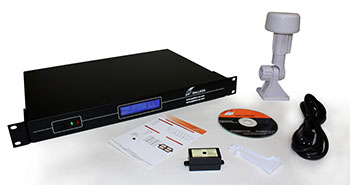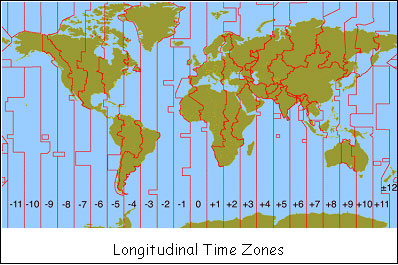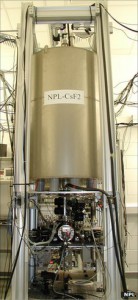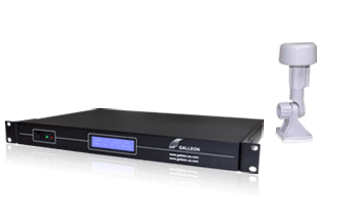As British summer time officially ended last weekend, with the clocks going back to bring the UK back to GMT (Greenwich Mean Time), the debate about the annual clock changing has started again. The Coalition Government has proposed plans to change the way Britain keeps time by shifting the clocks forward another hour, and in effect reverting to Central European Time (ECT)..
 ECT, would mean that Britain would remain an hour ahead of GMT in the winter and two hours ahead in the summer, providing lighter evenings but darker mornings, especially for those north of the border.
ECT, would mean that Britain would remain an hour ahead of GMT in the winter and two hours ahead in the summer, providing lighter evenings but darker mornings, especially for those north of the border.
However, any proposed plans have stiff opposition from the Scottish Government who suggest that by altering the clocks, many areas in Scotland wouldn’t see daylight during winter until about 10am, meaning many children would have to go to school in the dark.
Other opponents, include traditionalists, argue that GMT has been the basis for British time for over a century, and that any change would be simply … unBritish.
However, a change to ECT would make things easier for businesses that trade with Europe, keeping British workers on a similar timescale to their European neighbours.
Whatever the outcome of the proposed changes to GMT, little will change when it comes to technology and computer networks as they already keep the same timescale all over the globe: UTC (Coordinated Universal Time).
UTC is a global timescale kept true by an array of atomic clocks and is used by all sorts of technologies such as computer networks, CCTV cameras, bank telling machines, air traffic control systems and stock exchanges.
Based on GMT, UTC remains the same the world over, enabling global communication and the transfer of data across time zones without error. The reason for UTC is obvious when you consider the amount of trade that goes on across borders. With industries such as the stock exchange, where stocks and shares fluctuate in price continuously, split second accuracy is essential for global traders. The same is true for computer networks, as computers use time as the only reference as to when an event has taken place. Without adequate synchronisation, a computer network may lose data and international transactions would become impossible.
Most technologies keep synchronised to UTC by using NTP time servers (Network Time Protocol), which continually check system clocks across whole networks to ensure that they all are synced to UTC.
NTP time servers receive atomic clock signals, either by GPS (Global Positioning Systems) or by radio signal broadcast by national physics laboratories such as NIST in the United States or NPL in the UK. These signals provide millisecond accuracy for technologies, so no matter what time zone a computer network is, and no matter where it is in the world, it can have the same time as every other computer network across the globe that it has to communicate with.
 ECT, would mean that Britain would remain an hour ahead of GMT in the winter and two hours ahead in the summer, providing lighter evenings but darker mornings, especially for those north of the border.
ECT, would mean that Britain would remain an hour ahead of GMT in the winter and two hours ahead in the summer, providing lighter evenings but darker mornings, especially for those north of the border.




